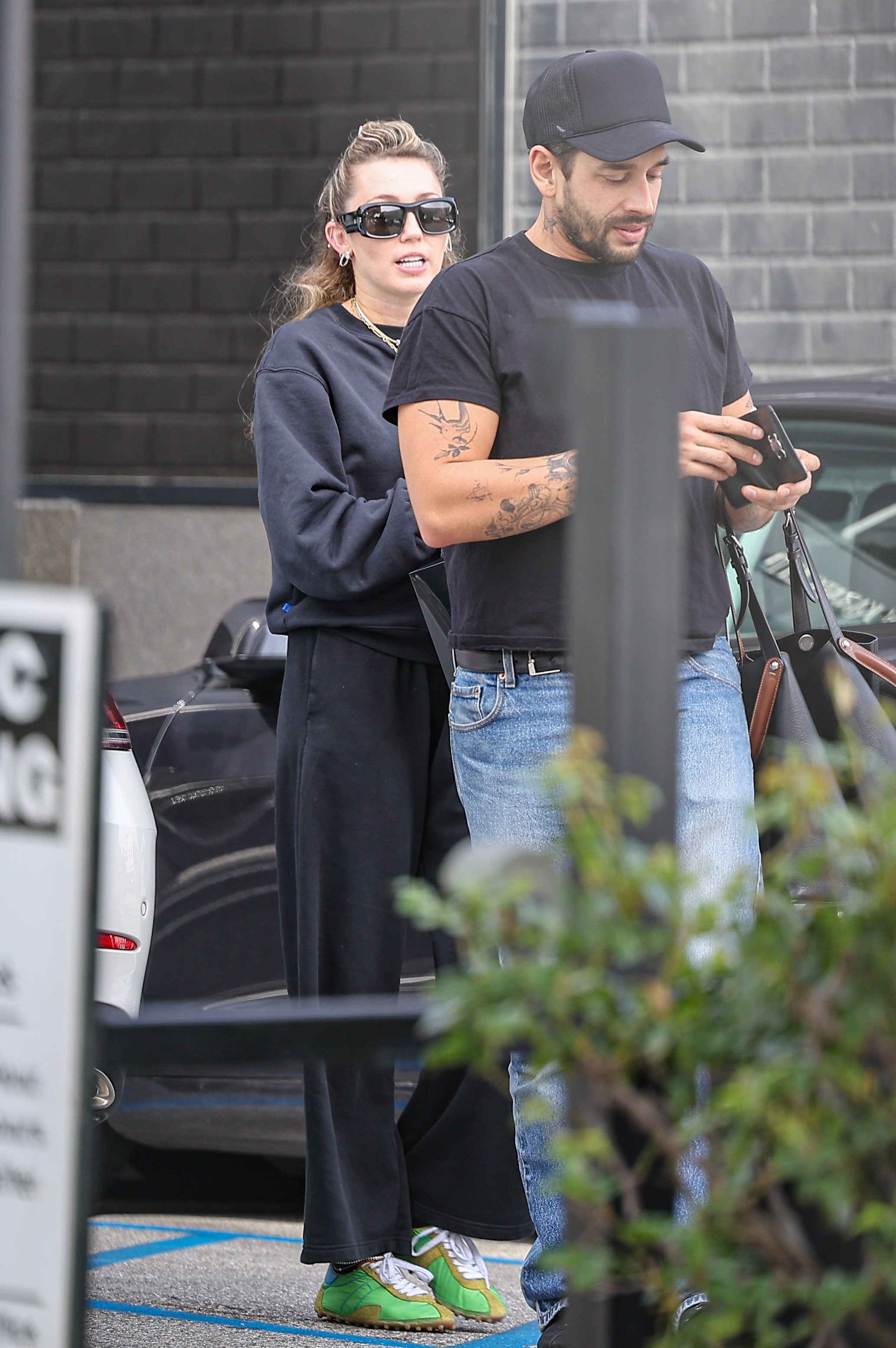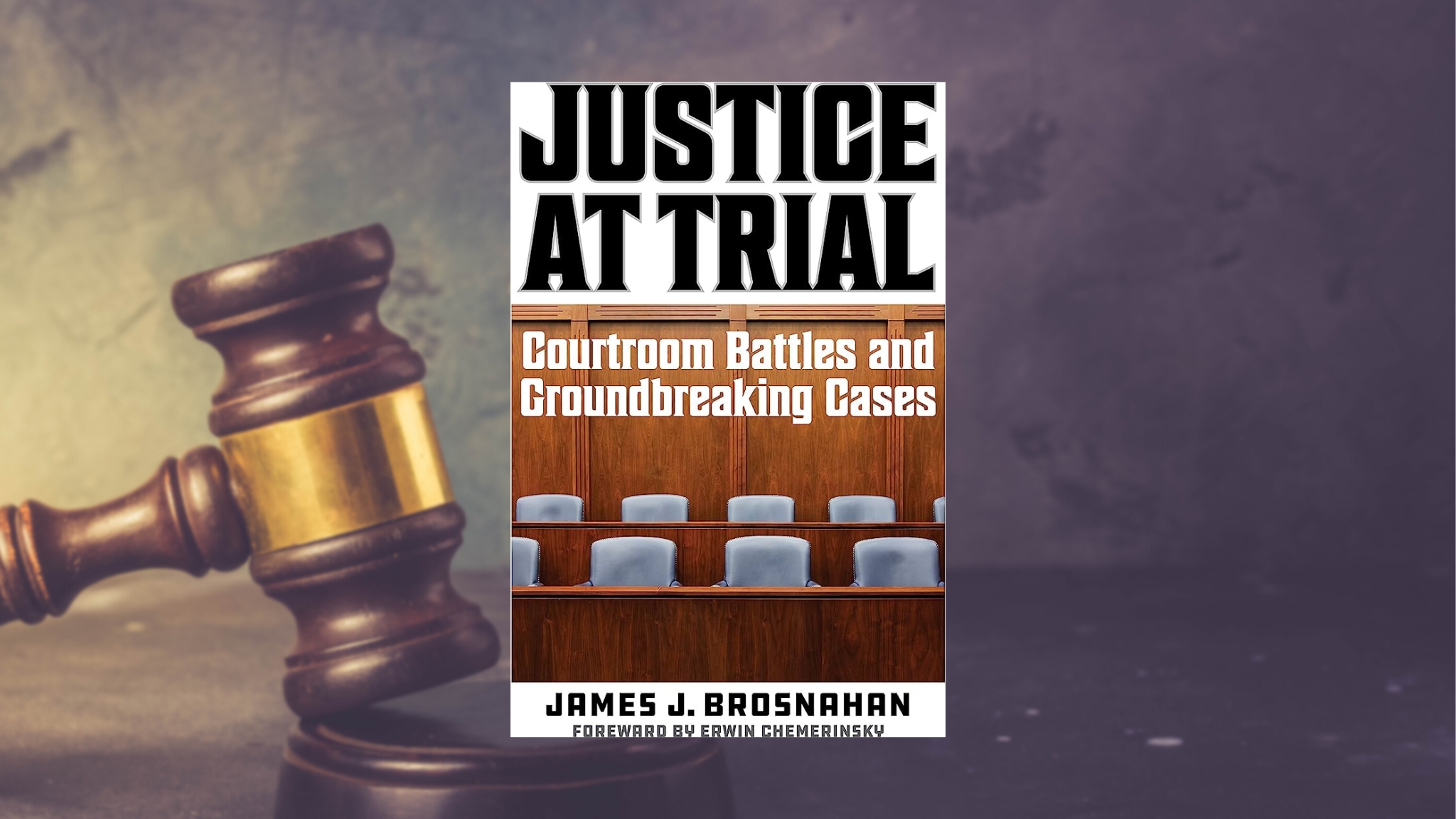
Justice at Trial by James J. Brosnahan
What’s it About?
Follow a trial lawyer’s career through the demanding, often controversial, and suspenseful world of jury trials, tension-filled appeals and the different worlds of courtrooms, jail cells, corporate boardrooms, and law firms.
What is the life of a trial lawyer like? Prominent lawyer James J. Brosnahan pulls back the curtain on some of his most powerful courtroom cases and the lessons they can teach law students in his engaging memoir Justice at Trial (Rowman & Littlefield Publishers).
As a federal prosecutor and a defense lawyer, Brosnahan has tried 150 jury trials in his decades of practicing law. Now he reveals the inside story from both sides of the docket in a range of cases that reflect issues of current importance, including refugees on the Mexican border, gender battles in the corporate board room, poverty and murder on Native American Reservations, innocent prisoners behind bars, and constitutional rights to speak and print truth, just to name a few. Throughout, he takes a position (as any self-respecting lawyer does), and that is “trial lawyers are essential to enrich democratic reforms and social progress.”
Legal Insights and Courtroom Dramas
A book about law, due process and the ins-and-outs of jury trials should not be this fun to read. Or maybe it should, as Brosnahan lucidly recounts “the excitement of courtrooms, the defects in the justice system, the reforms lawyers seek, the challenges lawyers face, and the risks trial lawyers take” through 19 distinct court cases he either prosecuted or defended, all of which are still relevant today.
Sharing his early experiences as a junior lawyer and the many mentors who inspired and taught him, Brosnahan then strides confidently to the lectern to present each of these cases and their outcomes, analyzes the lessons law students can learn, and puts a fine point on the role of trial lawyers as those who “fight current attitudes” to achieve justice for their clients.
Each case is rich with legal insights, such as one where the plaintiff he represented was defrauded in a land sale. He reflects on how “there is often a great void in courtrooms between mere compliance with law and justice,” and how that reality impacts victims. Moving from early low-level fraud cases to prosecuting a 1965 “front page” federal criminal case of a major bank failure in California, Brosnahan vividly recreates the pressure and jitters of a national case on a young trial lawyer and his belief in “the collective intelligence of groups” to hand down informed verdicts.
In his stint as a federal prosecutor, he says he “developed a window into the criminal mind, as though I was rereading Dostoevsky as he etched the thinking of a Russian murderer.” But Brosnahan then left the government to work as a criminal defense lawyer, taking on the case of two Black poverty workers in Oakland, California, charged with stealing federal money, which he learned in his investigation was used to secure jobs for unemployed people. Excited by the prospect of representing poor people and “fighting powerful prosecutors trying to hurt poverty programs,” Brosnahan felt that something in his personality, background and early troubles as a child “ignited” him when he fought against the government in this case.
Justice of the People, by the People, for the People
Justice at Trial is chock full of examples of courtroom drama, dialogue, transcripts of key exchanges, as well as key, authoritative insights into America’s jury system. To the oft-asked question “do juries know what they’re doing?” Brosnahan’s answer is unequivocal: yes.
Judges believe juries reach the right verdict most of the time. For many years after verdicts, I have talked to jurors only to have them tell me of a logical point that neither lawyer argued. Genuine humility is the right garment to wear when arguing to an American jury. Critiques of the jury system often come from authoritarians with a touch of social arrogance.
Brosnahan traces the tendrils of past national scandals to democracy’s precarious balancing act today in a riveting chapter on the Iran-Contra coverup. He relates his preparation of the case against former Secretary of Defense Caspar Weinberger, which was torpedoed by the pardon issued by then-President George H.W. Bush. He claims this act showed “future presidents a successful way to complete coverups” by pardoning the co-conspirators. It does not take a great leap of imagination to know who he refers to when he claims “the authoritarian stage is set in America” and that “coverups like Iran-Contra laid down a path for a more unscrupulous leader than President Reagan and President Bush.”
But Brosnahan makes a persuasive argument throughout Justice at Trial that trial lawyers — and more precisely, his belief in them — serves as an antidote to fears of presidential despotism.
“Lawyers will stand against such a threat to our democracy. There are a lot of us,” he says, and this book goes a long way to restoring the average American’s belief in our justice system. Justice at Trial is an engaging and fascinating look at justice of the people, by the people and for the people.
 About James J. Brosnahan:
About James J. Brosnahan:
As a federal prosecutor and a defense lawyer, James J. Brosnahan has tried 150 jury trials and is a member of the California Trial Lawyer’s Hall of Fame. He was a senior partner at Morrison Foerster, a preeminent thousand-lawyer international law firm based in San Francisco. For 46 years he has lectured internationally for the National Institute of Trial Advocacy (NITA). He has authored articles for the American Constitutional Blog, Law 360, The California Historical Society, The Daily Journal (California’s legal paper), the New York Times, Bloomberg Law, and the Los Angeles Times. He has also appeared many times on national radio and television where he has been interviewed by ABC, CNN, Fox News, Larry King, National Public Radio and PBS. He currently lives in Berkeley California.
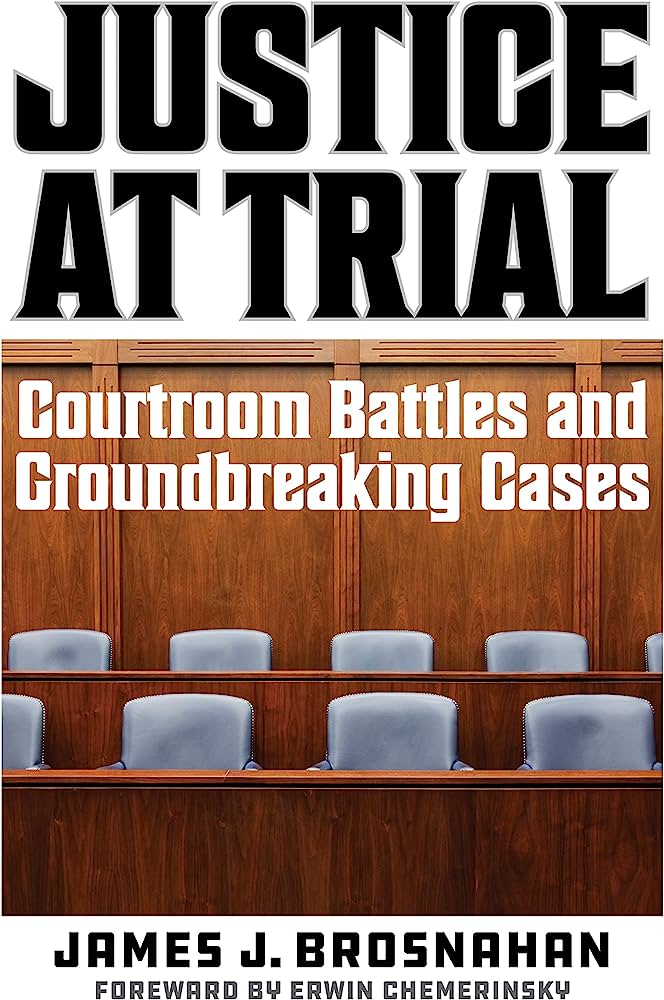
Publish Date: 7/15/2023
Genre: Nonfiction
Author: James J. Brosnahan
Page Count: 286 pages
Publisher: Rowman & Littlefield Publishers
ISBN: 9781538174432



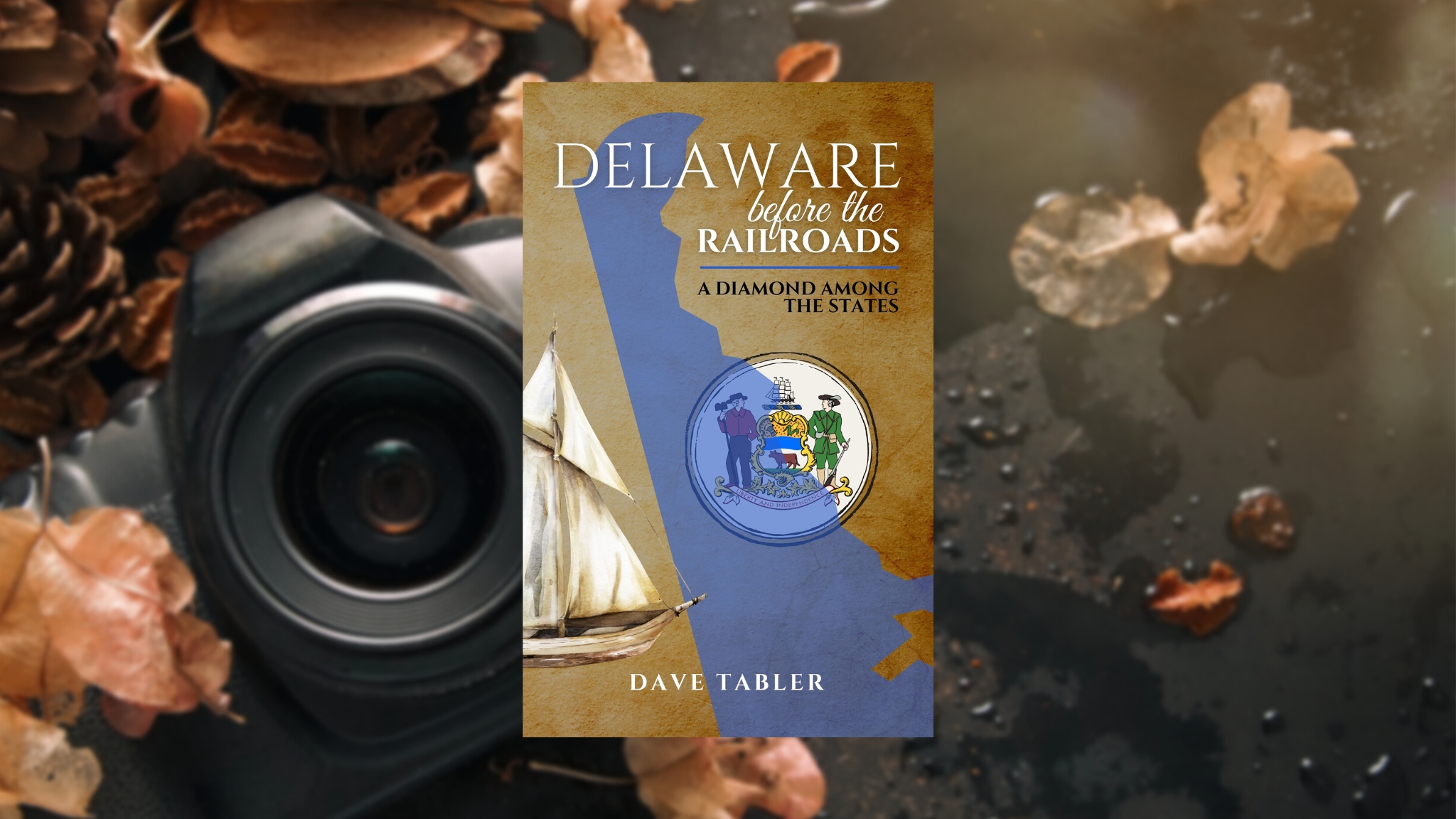













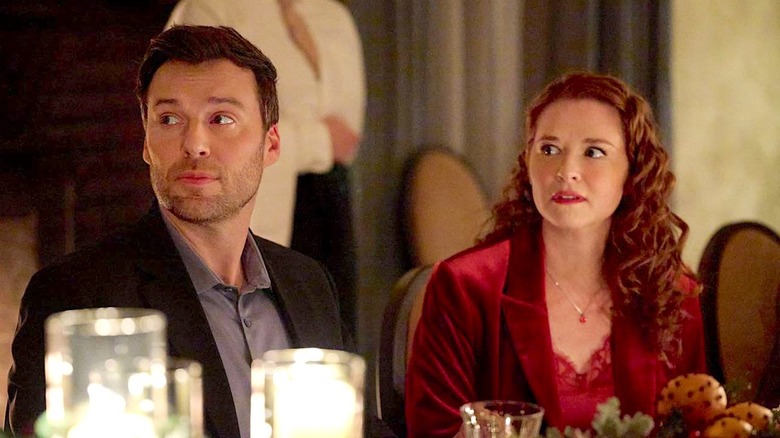
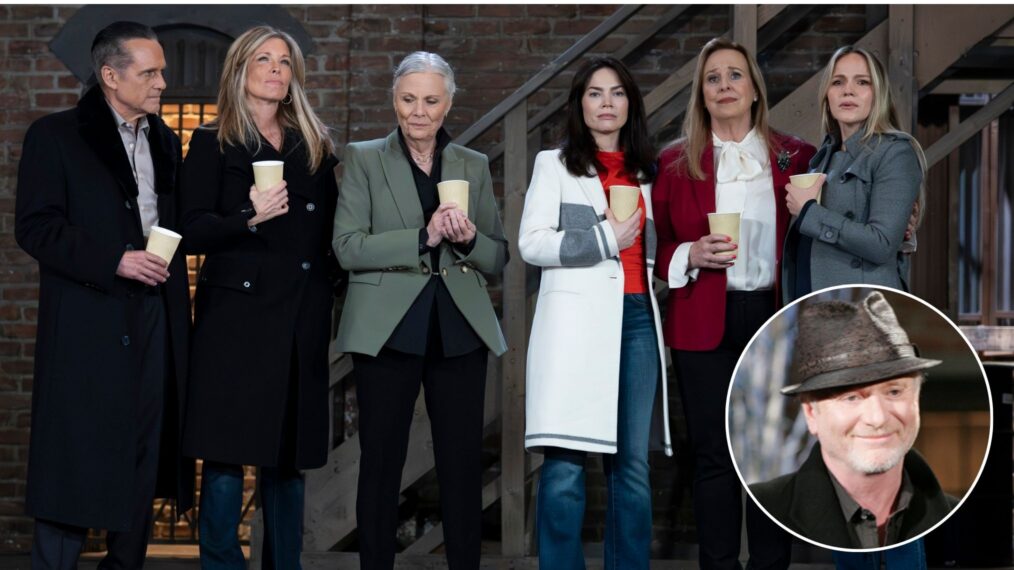
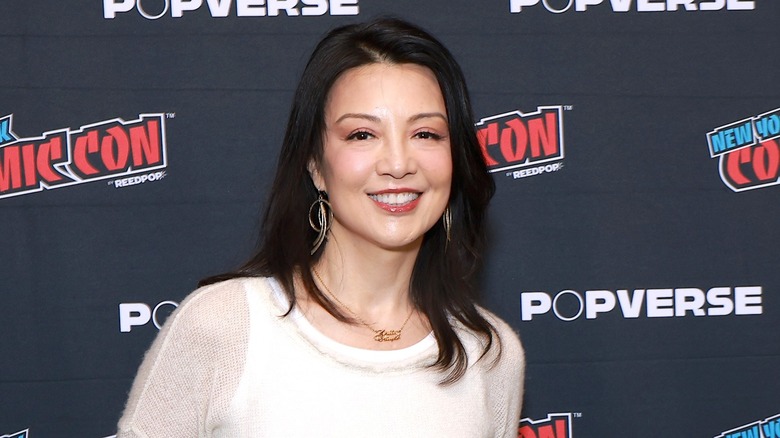
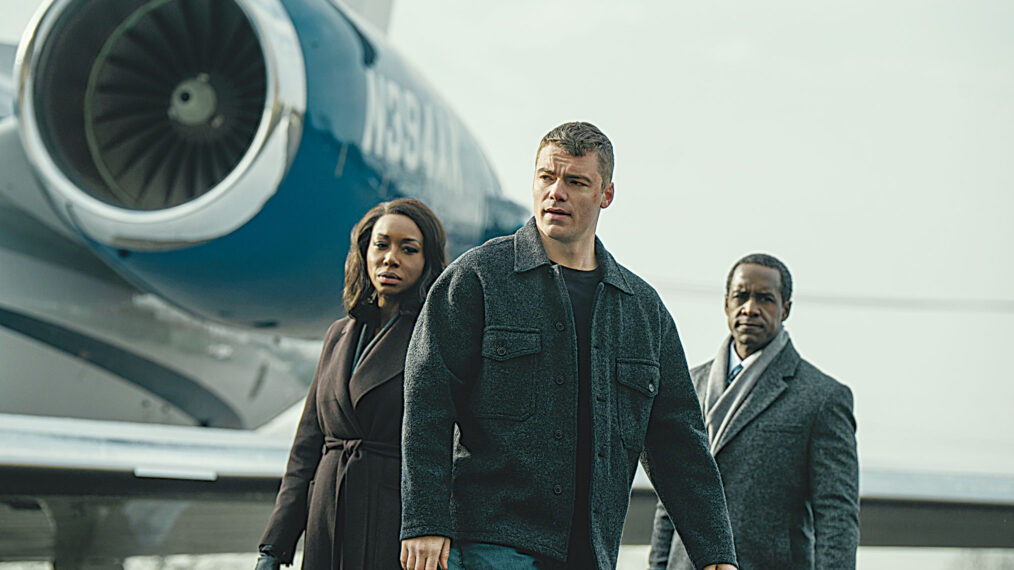






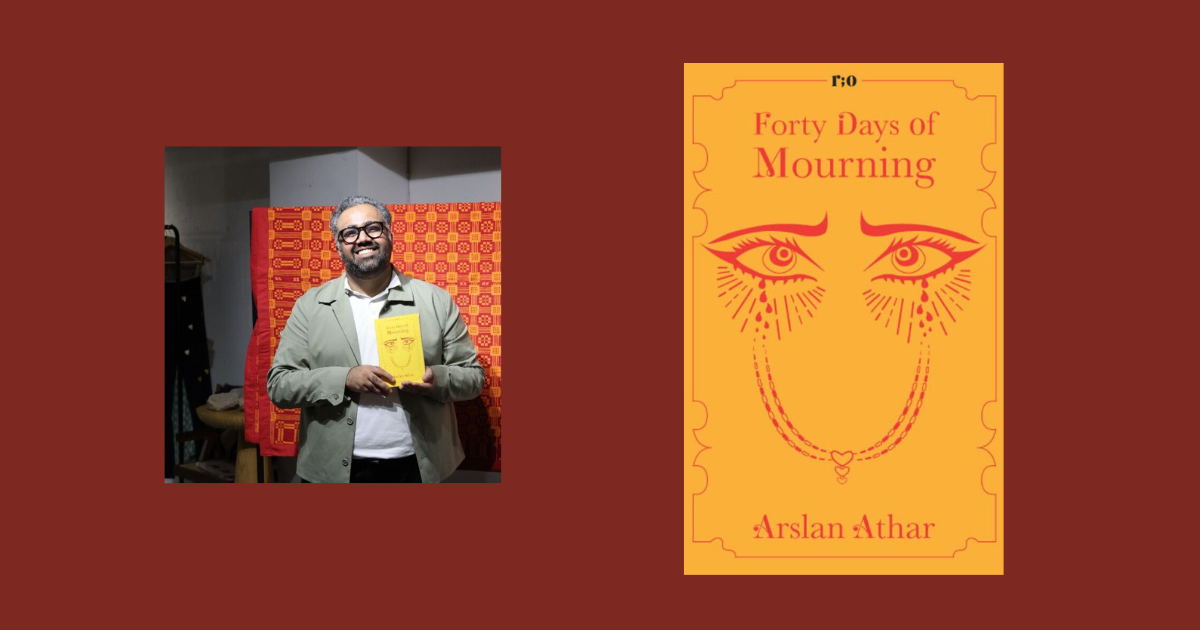

:quality(85):upscale()/2026/02/18/893/n/1922564/857ece5a69962087501ab8.98904531_.jpg)


